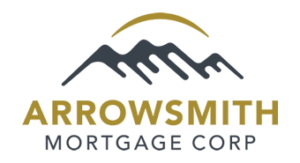What are the Pros & Cons of a Reverse Mortgage?
Reverse mortgages continue to grow in popularity each year because of the unique solution they provide to homeowners 55+ who wish to stay in their homes and access some of their home equity to improve their quality of life.
After all, Canadians are living longer than ever before, so they require more money to support themselves throughout their retirement years.
As a Certified Reverse Mortgage Specialist, it’s my job to understand and support the growing needs of seniors to determine if a reverse mortgage is right for you.
Following are some pros and cons that are helpful in determining if a reverse mortgage will meet your needs.
Reverse Mortgage Pros:
• Regular payments are not required (although, you can make payments if you wish)
• Income and credit are rarely a factor in qualification
• Funds are tax-free, so current pension or other income is not impacted (including Old Age Security and Guaranteed Income Supplement)
• Money can be used however you want
• Decide how funds are received (lump sum, regular payments or a combination)
• Retain control of your home
• Funds don’t have to be paid back until you sell or leave your home
• No prepayment penalties apply if you pass away and are reduced by 50% if you must sell to move into a retirement facility
Reverse Mortgage Cons:
• Interest rates are higher than typical mortgage rates (sitting around 5-6% in recent years for fixed rates)
• Mortgage setup costs (home appraisal fee, application fee, closing costs, etc.) are deducted from your funds
• May be subject to a penalty if you sell the home within three years of taking out the reverse mortgage
• The amount you borrowed plus interest must be repaid within a limited time frame if you pass away
• Money is repaid to your reverse mortgage lender first, leaving your children or other heirs with less money when you pass away.
Have questions? I can help you decide if a reverse mortgage is the right solution for you or your loved ones.
